How to Confuse a Dutch Person
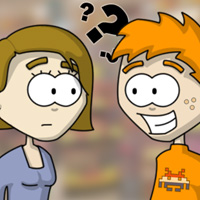
During the last couple of weeks I have noticed a great improvement in my Dutch language skills. I can now communicate better then I have been able to before. I became aware of this progression in my abilities because of one simple fact. I am now able to confuse a Dutch Person very easily when I speak to them in their own language.
The more confused they look during our conversation the better I am doing. This might sound odd at first but when you examine the science behind my theory it starts to make sense, let me explain. If the Dutch person in the conversation looks more confused ‘then me’ I consider it a success in cross language communication.
In my previous attempts to converse in Dutch I struggled to understand what was being said. The expression of confusion on my face during these conversational exchanges made me look like the village idiot who had just been asked a very complicated maths question by Albert Einstein. The Dutch person (who was having no such trouble) would usually take pity on my pained expression and switch to English effortlessly.
However, the balance of confusion has now shifted.
My Dutch language ability has improved to a level where I am able to understand what is being said to me. I no longer look like the village idiot on a bad day as I listen. I have successfully got past the first barrier of communication; understanding. I can even reply to their questions… sort of… sometimes.
The confusion starts when I reply using the little bit of Dutch that I know while filling in the gaps in my knowledge with English. I am not confused by this (because I know what I am trying to say) but the Dutch person I am talking to usually is. Switching between the two languages with out warning really keeps them on their toes, especially when talking with strangers.
Confuse a Dutch Person
One example of this happened recently when I tried to purchase a Cola from a girl behind the counter of the local garage shop:
Her: “Goedenavond.”
(“Good evening.”)Me: “Goedenavond. Ik wil enn Cola alstublieft.”
(“Good evening. I would like a Cola please.”)Her: “Anders nog iets?”
(“Anything else?”)I always forget if this means, “anything else?” or, “was that all?” so I replied:
Me: “That’s all I wanted. Dank u.”
(“That’s all I wanted. Thank you.”)Her: “Hu?…oh… That’s 1 Euro please.”
Me: (while handing her the money) “Alstublieft.”
(“If you please.”)Her: (looking very confused) “Dank u… er… I mean thank you… er… wait… Are you English?”
Me: “Ya. Ik ben Engels. I’m just need to improve my Dutch. Ik probeer.”
(“Yes. I am English. I’m just need to improve my Dutch. I try.”)Her: (still looking very confused) “Oh… ok… er… have a nice day?”
I think I broke her brain.
Sometimes I am tempted to throw in a third additional language to see how well they can keep up. Maybe I will start talking in a mix of Dutch, English and Japanese or communicating in clicks and whistles.
I later discovered that you can also confuse a Dutch Person by asking them to explain their own language. All you have to do is ask them the rules regarding the use of the words ‘de’ and ‘het’.



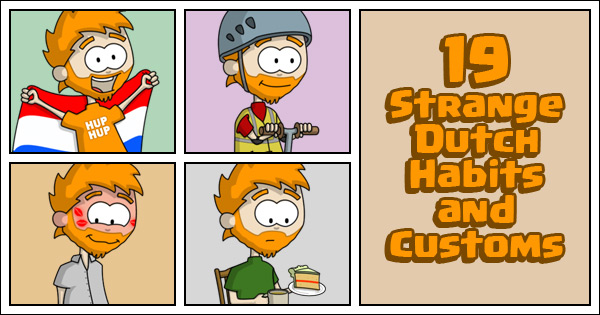
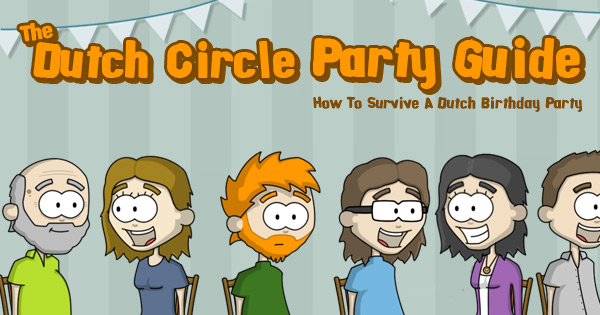
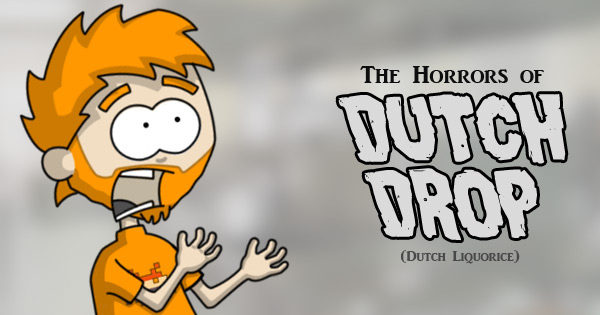
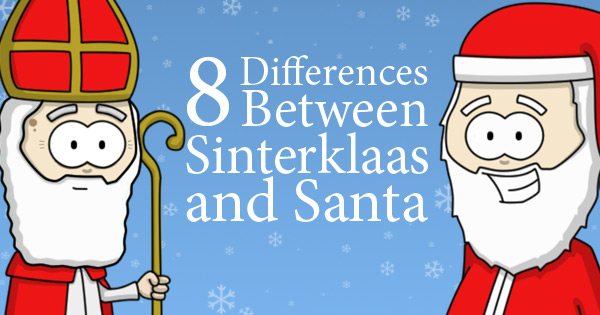

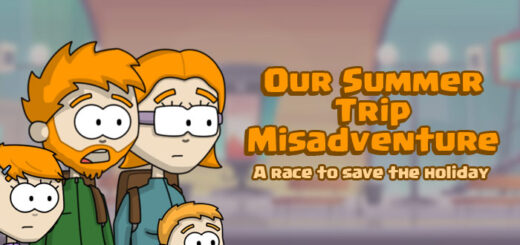
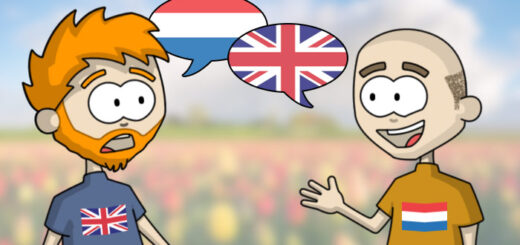
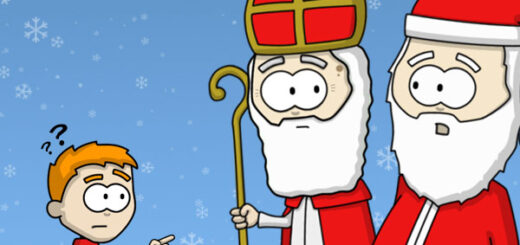
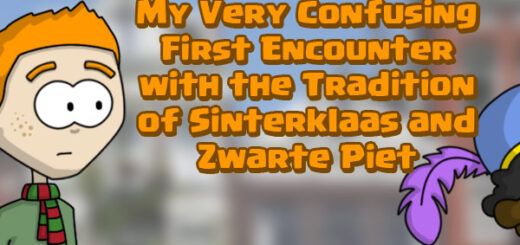
Japanese is a really bad language to know.
Waiter (French, Dutch, German, really doesn’t matter): blablabla
Me: Hai. Er, er, oh bollocks.
It’s a natural reaction. You say it in Japan to keep someone talking if you have a vague idea about what you just said. Over here, it gets some really bemused looks…
I really like your blogpost’s… I like to see someone who can’t speak Dutch… Must be funny.
I’m not really confused by that sort of things, and i’m Dutch! infact i do this a lot myself. mixing Dutch with English. Because i talk to english speaking people so much on the internet, i sometimes forget the Dutch words for stuff and replace them with English words!